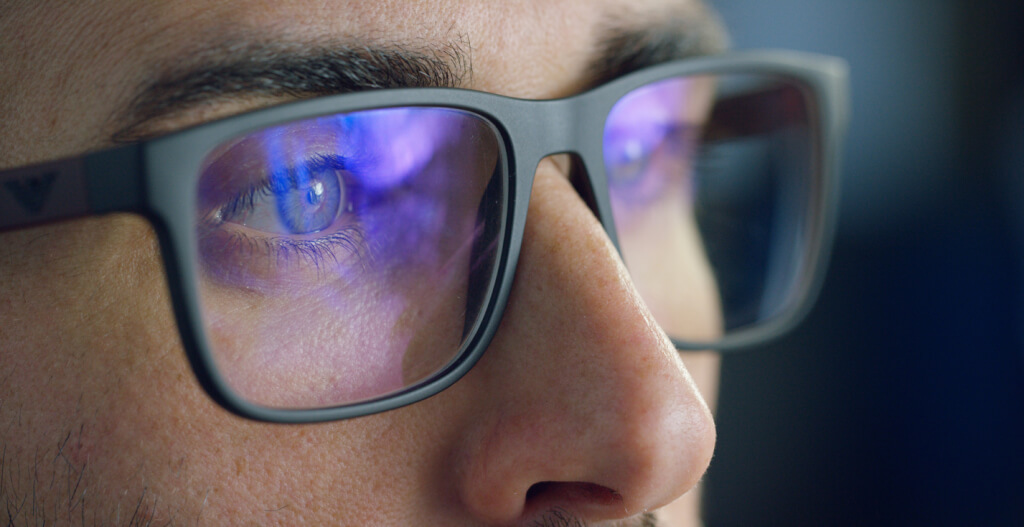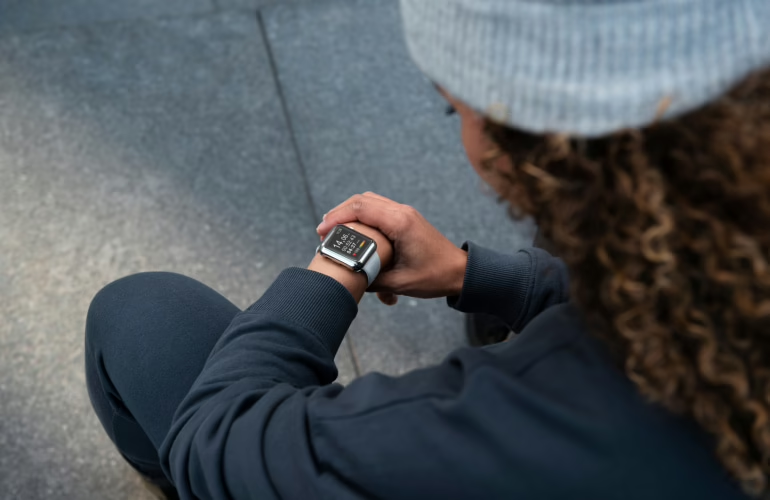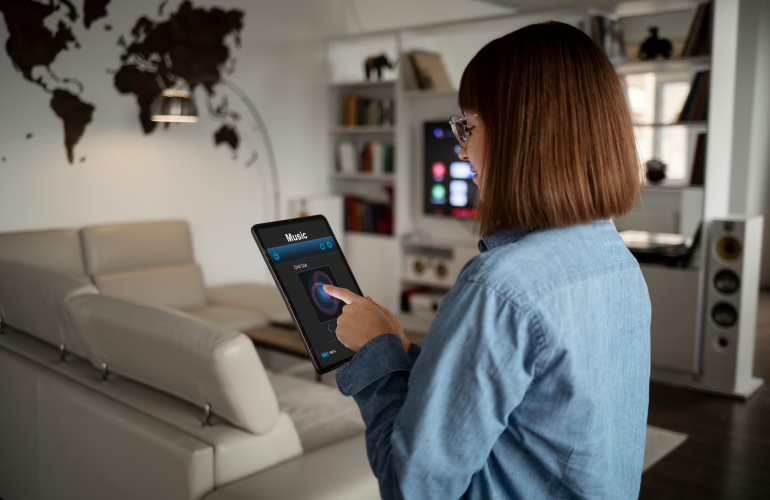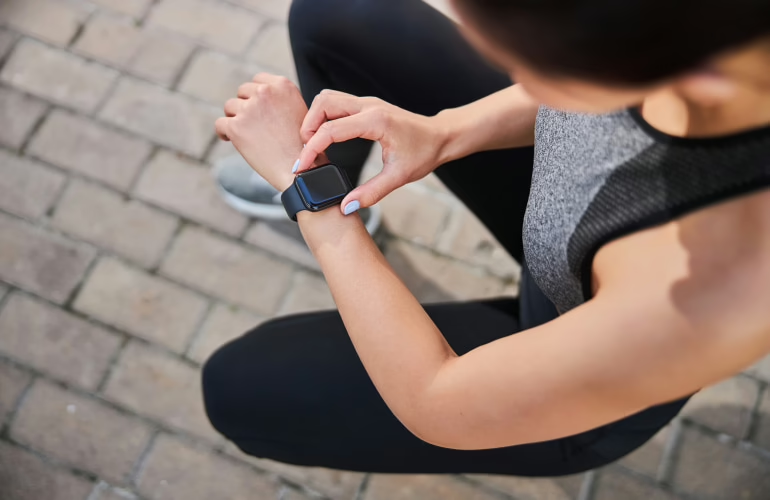Advertising Disclosure
Do blue light glasses really work?

If you’re reading this, chances are you’re reading it on a screen. Chances are also high that you’ve been looking at this screen for hours. We look at screens all day, and it means our eyes take in a lot of blue light. “Blue light” is visible light with a wavelength between 400 and 450 nanometers that we perceive as blue in color. And it’s a convern because it can lead to eye fatigue and dry eyes. At high doses, it can even damage your eyes. With the rise in this exposure, more people are looking for ways to expose themselves to less blue light. One such method is wearing special glasses that purport to block blue light. But do blue light glasses work? And if so, what are the best blue light glasses you can buy?
What are blue light glasses?
Blue light glasses have lenses that block the blue light emitted from digital screens. They protect your eyes from the possible harm prolonged exposure to these screens may be causing.
That said, there is much debate on the actual effectiveness of blue light glasses.
In an interview for NPR, when asked about their effectiveness based on several studies conducted, Dr. Mark Rosenfield said “Both of the studies actually found that the blue-blocking filters have no effect, no significant effect on digital eye strain. This didn’t really come as a major surprise to us because there really is no mechanism whereby the blue light should be causing digital eye strain.”
The research on these glasses is also recent. And there just may not be enough of it to show how effective they might be.
When should you wear them?
So the effectiveness of blue light glasses in treating eye strain and preventing serious eye damage may is still very much up for debate. But one thing it seems almost everyone agrees on is the fact that prolonged exposure to blue light, especially at night, messes with our body’s natural circadian rhythm. In other words, our screens are keeping us from sleeping well.
Blue light isn’t unnatrual. We see it whenever we look at a blue sky. going on further to say that. But because our natural exposure to blue light occurs during daylight, it alerts our brains to a state of wakefulness. That’s why exposure to blue light from screens, especially at night, can mess with your sleep.
While it is generally recommended to stop all exposure to blue light at least one hour before bed to promote healthy sleep habits, this may not be an option for you, or you may like to take your phone or tablet to bed with you. Dr. Rosenfield says “If you want to look at your screen late at night, which probably isn’t a good idea – but unfortunately many of us still do, then the blue-blocking filters might be useful in that regard.”
Also, while the jury on their effectiveness to prevent eye strain and damage may still be out, wearing blue light glasses won’t hurt you. Maine Optometry says “Wearing blue light blocking lenses while on your digital device of choice won’t hurt you at all or affect your vision. You may, however, experience better sleep, a more regulated circadian rhythm, less digital eye strain, and reduce your risk for eye diseases such as macular degeneration.”
What are the best blue light glasses?
If all this sounds like a good enough reason to go ahead and get a pair of blue light glasses, Maine Optometry also says to make sure that they block at least 50% of blue light. There are so many styles and types to choose from, but a few seem to come in at the front of the pack. The Warby Parker Thurston comes either prescription or non-prescription and you can try them at home for free for 30 days before deciding if they are for you. This pair by Sojos is affordable and great for across-the-board blue light blocking and also offers a 30-day trial. If you want them for after the sun goes down, a good option is this pair by BAXTER BLUE which have amber Blue+ light filtering lenses with anti-reflective & super hydro-phobic coating that improve the quality of your sleep.
The bottom line is we need to see more research before we’ll know whether blue light glasses make a significant difference. But they won’t hurt you. And it’s easy enough to find a pair that won’t break the bank if you want to give them a try.







